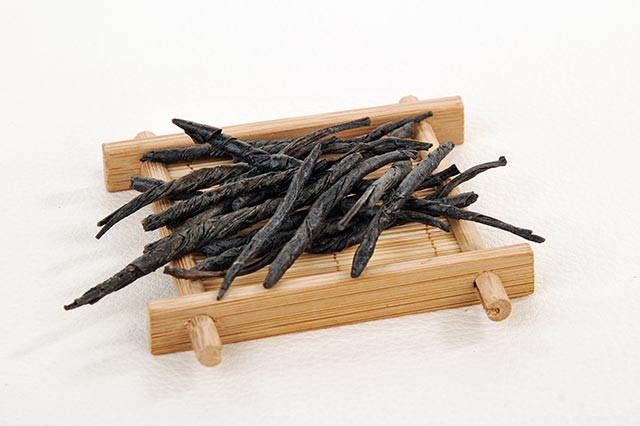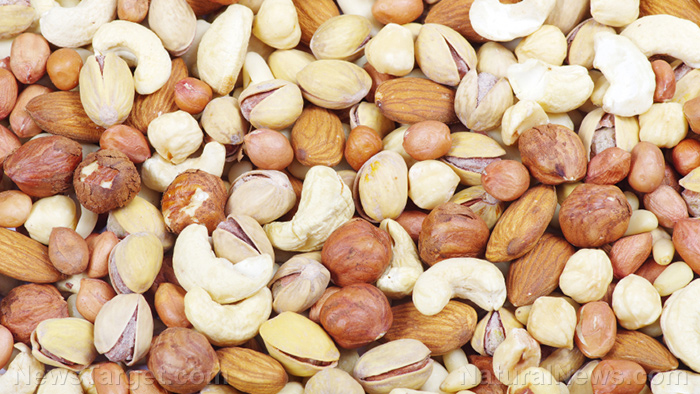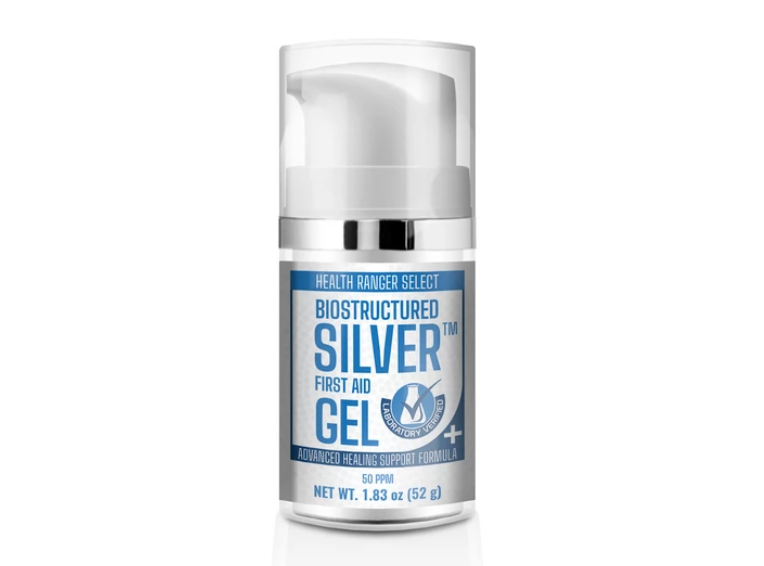Olive oil gives the Mediterranean diet its “heart-healthy” benefits – but how?
11/30/2019 / By Arsenio Toledo

The Mediterranean diet is said to be inspired by the eating habits of people in the 1960s. This diet found its inspiration from areas such as mainland Greece and many of its outlying islands such as Crete, as well as in many parts of southern Italy. In these areas, adult life expectancy is among the highest in the world. These areas also boast exceptionally lower-than-average rates of coronary heart disease, certain cancers and diet-related conditions.
The Mediterranean diet — originally considered the “poor man’s diet” — is a heart healthy diet that includes eating a lot of nutrient-dense plant foods such as legumes, nuts, whole grains, fruits, vegetables and, perhaps most famously, olive oil. This diet also includes low to moderate levels of consumption for red meat, fish, poultry, eggs and wine. This diet, however, isn’t just about eating certain foods. It also includes regular physical activity, which helped associate the Mediterranean diet with lower rates of obesity.
An important component of the Mediterranean diet is olive oil, which gives this diet many of its heart healthy benefits, and it does this through a number of ways. (Related: Olive oil is the healthiest choice when it comes to frying food, study finds.)
Olive oil is a heart booster
Olive oil has been shown to help increase the levels of healthy HDL cholesterol in the body. Specifically, it boosts a compound known as apoA-IV, which prevent blood clots by keeping platelets from sticking together. Furthermore, extra virgin olive oil, which is rich in monounsaturated fats, is known for its potent anti-inflammatory and antioxidant properties. This means that extra virgin olive oil can strengthen the health of the heart, arteries, blood vessels, capillaries and other cardiovascular tissues.
Sponsored: NEW Biostructured Silver First Aid Gel created by the Health Ranger combines three types of silver (ionic silver, colloidal silver, biostructured silver) with seven potent botanicals (rosemary, oregano, cinnamon and more) to create a breakthrough first aid silver gel. Over 50 ppm silver, verified via ICP-MS lab analysis. Made from 100% Texas rain water and 70% solar power. Zero chemical preservatives, fragrances or emulsifiers. See full details here.
All of these benefits mean that consuming olive oil can prevent one of the biggest killers of people: heart attacks. It has been found that one of the biggest triggers of heart attacks is eating a big meal. Consuming olive oil can decrease platelet activity after heavy meals, lowering your risk of getting a heart attack.
There are many more health benefits associated with olive oil, such as how it can prevent stroke, has anti-cancer properties and its consumption is not associated with weight gain. However, the right kind of olive oil needs to be chosen, otherwise you won’t get to experience any of these health benefits.
The best kind of olive oil
When you look at the selection of olive oil in grocery stores, you may see a lot of choices that are seemingly good. However, there are certain things you need to keep in mind when making your pick. This superfood can come in many varieties, some of which are healthier than others.
- Cold-pressed organic extra virgin olive oil is the best kind of olive oil on the market. It’s a little bit more expensive due to the high quality of the product, but it tastes better and the health benefits are astounding.
- Pick olive oil in dark-tinted glass bottles. Olive oil has three enemies: light, oxygen and heat. Choose olive oil that is sold in tightly sealed and dark-tinted (possibly green) glass bottles. Once you’ve made your purchase, be sure to store your olive oil in a cool, dry and dark cupboard.
- Research the manufacturer. There are many companies out there selling olive oil that has been tainted with hazardous chemicals, such as many kinds of pesticides. Before checking out that bottle of olive oil, do a quick web search of the company’s background. If you can vet the olive oil company, then you’ve found yourself a trusted source of olive oil.
Carefully choose the right kind of olive oil to incorporate into your diet, so you can experience its heart-friendly benefits and the health-supporting properties of the Mediterranean diet.
Sources include:
Tagged Under: anti-obesity, cardiovascular health, clean food, disease treatments, extra virgin olive oil, fightobesity, food is medicine, food poisoning, heart attack, heart health, Mediterranean diet, olive oil, prevention
RECENT NEWS & ARTICLES
Natural.News is a fact-based public education website published by Natural News Features, LLC.
All content copyright © 2018 by Natural News Features, LLC.
Contact Us with Tips or Corrections
All trademarks, registered trademarks and servicemarks mentioned on this site are the property of their respective owners.



















